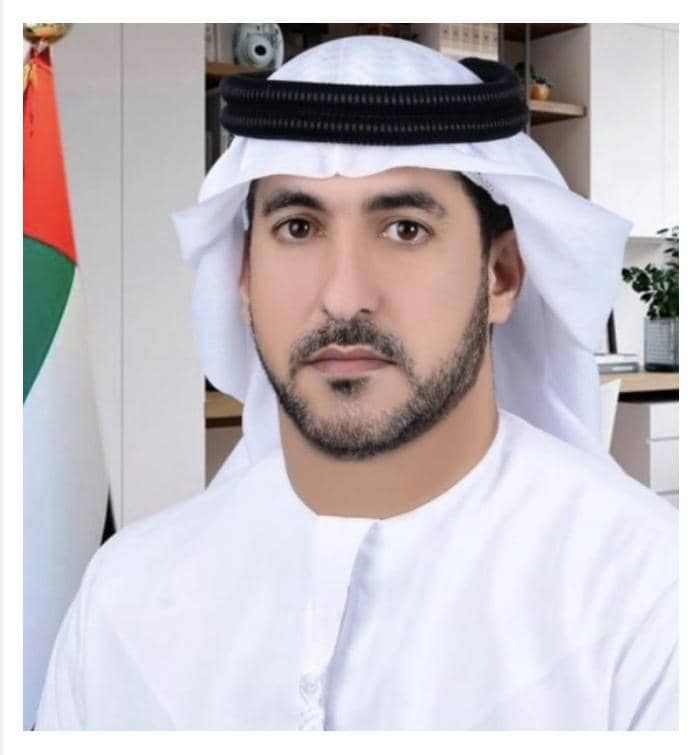By Burnett Munthali
The recent declaration by His Highness Sheikh Ahmed Al Qassimi—“I have no business in Malawi”—has sent shockwaves through the political and business landscapes of Malawi. His statement, coupled with the rejection of any contracts or partnerships purportedly involving his office, raises significant questions about the integrity of dealings within the Malawian government. This analysis delves into the implications of this statement, the broader context of corruption, and the legacy of President Lazarus Chakwera amid growing allegations of misconduct.

In a detailed response, Sheikh Al Qassimi’s office categorically denied any involvement in business transactions within Malawi, particularly relating to fuel and fertilizer supplies. The unequivocal assertion by Public Relations Manager Ali Ahmed Alhamed—that they operate solely in Dubai and partially in China—highlights the disconnection between legitimate international business and the fraudulent contracts allegedly signed under false pretenses. The emergence of documents claiming to represent the Sheikh’s interests points to a troubling pattern of impersonation, fraud, and corruption within the Malawian government, specifically implicating Secretary to the President and Cabinet Colleen Zamba.
Zamba’s signing of a Memorandum of Understanding (MoU) with a purported “fake Sheikh” not only raises questions about her judgment but also places the government at risk of significant reputational damage. The potential for legal action from Sheikh Al Qassimi’s office over the unauthorized use of his name for fraudulent contracts cannot be understated. Such legal ramifications could result in further scrutiny of the administration’s dealings, underscoring the need for accountability and transparency in government operations.
The situation surrounding the “fake Sheikh” extends beyond mere allegations; it exemplifies a deeper malaise afflicting Malawian governance. The skepticism surrounding contracts for fuel and fertilizer—totaling over K1 trillion—brings to light a series of fraudulent activities that may surpass previous corruption scandals, including the infamous “Cashgate.” This highlights an alarming trend where public funds are at risk of being siphoned off through illusory deals that compromise the country’s economic stability.
Moreover, the lack of action from the Anti-Corruption Bureau and other oversight bodies in the face of these revelations raises concerns about their effectiveness and independence. The apparent inaction against what could be the most significant attempt to defraud the Malawian government since 1994 reflects a failure of governance that undermines public trust in institutions designed to safeguard the public interest.
President Lazarus Chakwera’s leadership has come under fire as critics argue that his administration’s failure to address rampant corruption could define his legacy. The pattern of fraudulent activities, coupled with a lack of decisive action to hold those responsible accountable, paints a picture of a government more focused on personal enrichment than public service.
Chakwera’s continued endorsement of Zamba and others implicated in these schemes suggests a complicity that could tarnish his legacy irreparably. As history has shown, public figures are often remembered not just for their policies but also for their failures to act against wrongdoing. The shadow of corruption, if unaddressed, will linger long after his presidency, impacting how future generations perceive his tenure.
In conclusion, the statement by Sheikh Ahmed Al Qassimi serves as a clarion call for reform in Malawi’s governance structures. The rejection of fraudulent contracts attributed to his office is not merely a personal affront; it symbolizes the urgent need for accountability within the Malawian government. As Malawians await a response from their leadership, the opportunity for genuine reform remains. President Chakwera’s response to this scandal will ultimately shape his legacy, highlighting the critical intersection between governance, accountability, and public trust. Without immediate and effective action, the consequences of inaction could resonate throughout Malawi for years to come.


